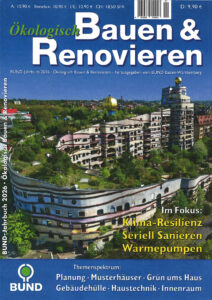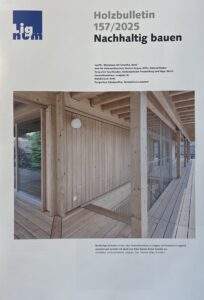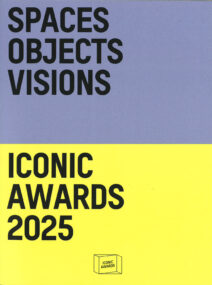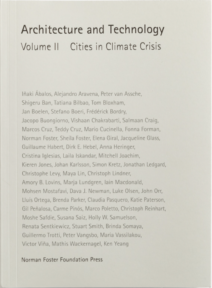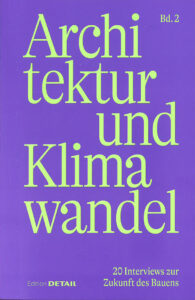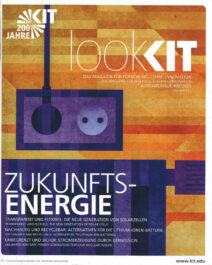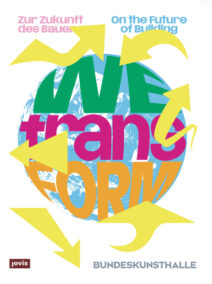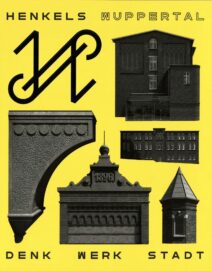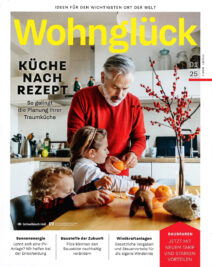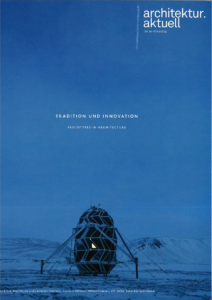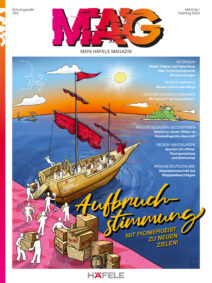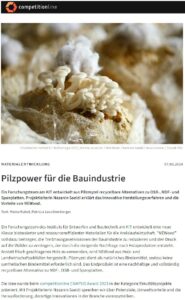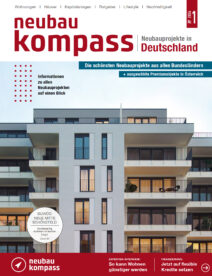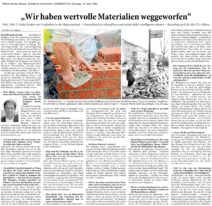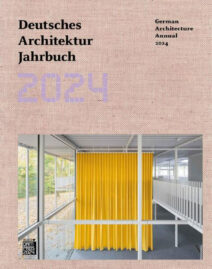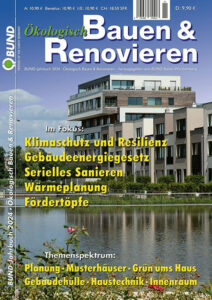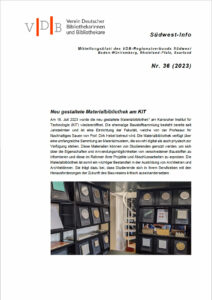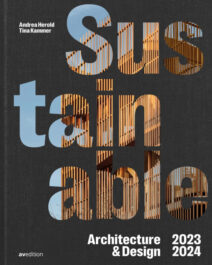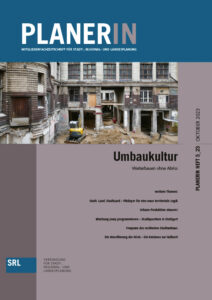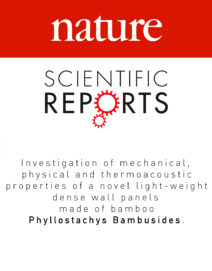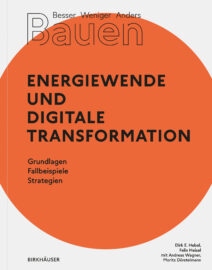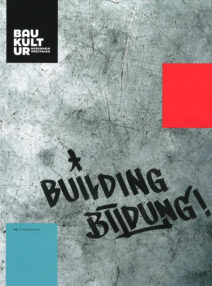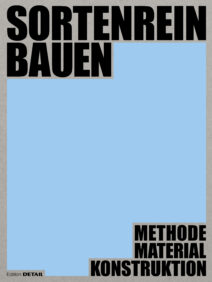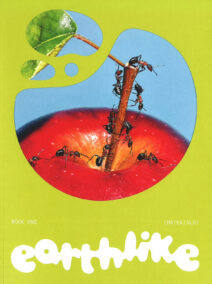Filming ‘…Spaces’ in Addis Ababa and Wenchi
Felix Heisel and Bisrat Kilfe recently filmed two new episodes of their documentary Movie Series on Space Appropriation in Addis Ababa, Ethiopia.
The material is currently being edited into the final movies titled “Materializing Spaces” and “Initiating Spaces”, which will hopefully be premiered in December 2012. For the generous support, the authors would like to thank the German Embassy in Addis Ababa and CoReSing FCL Singapore.
Materializing Spaces – a night in Addis Ababa’s periphery
Informal housing construction in Addis Ababa features a very specific, illegal but common typology, the “chereka bet”. Whole suburbs are being constructed in such a way illegally around Ethiopia’s capital. Piece by piece, local farmers sell their land to migrants in search of a place to live. Gradually, these homes grow into settlements, with churches, schools and wells; all half-legal and self-organized.
The Amharic name “chereka bet” translates into moon-shine house and describes the fact that these houses are build over night, in the light of the moon. Unseen or tolerated from police and kebele, neighbors and specialists organize themselves to construct housing and shops within limited hours in the night and on weekends.
As part of the documentary series ‘…Spaces’ we do not want to legitimate this process, however we feel the necessity to document it as a part of the housing provision in Addis Ababa. Interestingly, many chereka bets afterwards receive a title deed, in the hope to tackle Ethiopia’s housing shortage. This rises the question if self-building could not be a legitimate housing provision for certain social groups?
A legitimate process within rules and regulations might be a solution to deal with some of the major problems caused by the chereka bets; one of them for example deforestation. The environmental effect of building and fire wood harvestation in these formerly green farmlands is certainly immense and almost irreversible.
This documentary shows the construction of such a chereka bet in a time lapse. Additional interviews with the future inhabitant, a carpenter, as well as his friends and neighbors shed light on the reasons for the chereka bet construction as well as the building process. Experts on architectural history, social aspects and the kebele structure enhance the arguments from their external viewpoints.
Initiating Spaces – a day in Addis Ababa’s hinterland
Traditional and cultural habits, religious and social patterns and income generating mechanisms should be the basis for new developments in Ethiopia’s capital. Considering that Addis Ababa’s history reaches back only one century and most inhabitants of the informal areas are rural migrants, the spatial arrangements of the traditional tukul actually form part of Addis Ababa’s understanding of space.
In comparison with the kebele house, this documentary shows the daily life in a traditional tukul on the example of a farmer’s family living in Wenchi. This movie considers questions such as (1) why does rural to urban migration contribute so heavily to Addis Ababa’s growth and (2) which habits or traditions have been imported to the city, respectively, which behaviors developed in an urban context.
Employing the same technique as Disappearing Spaces, the film documents one day in the life of a representative family, including food preparation, work in the fields, the way to school or the necessary social networks in the neighborhood. Interviews talk about the relationship of countryside and city and motivations for migration. Expert opinions give additional information on the context.


